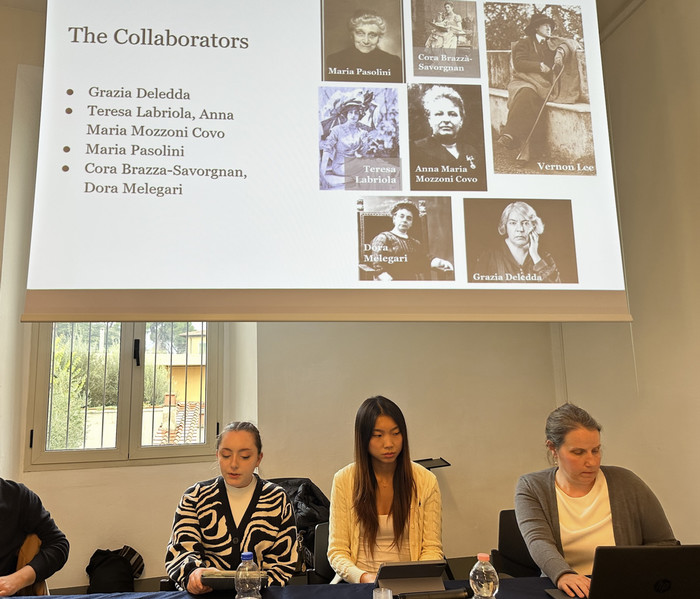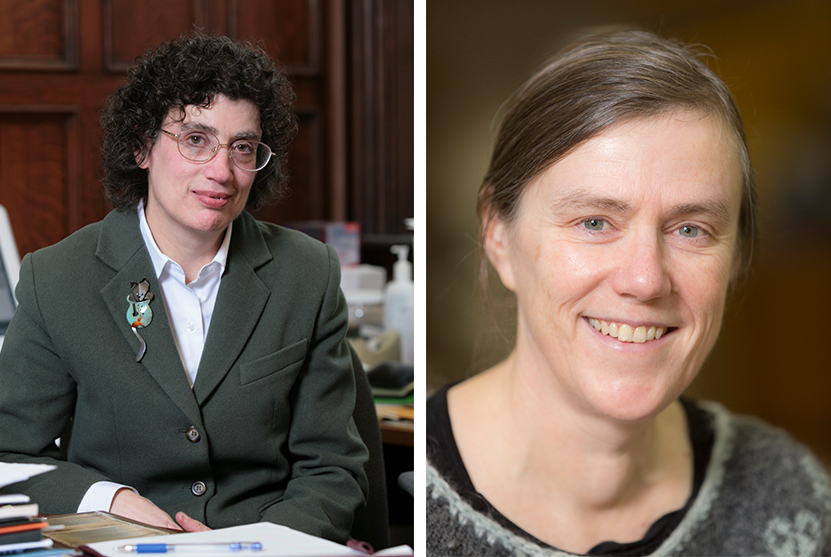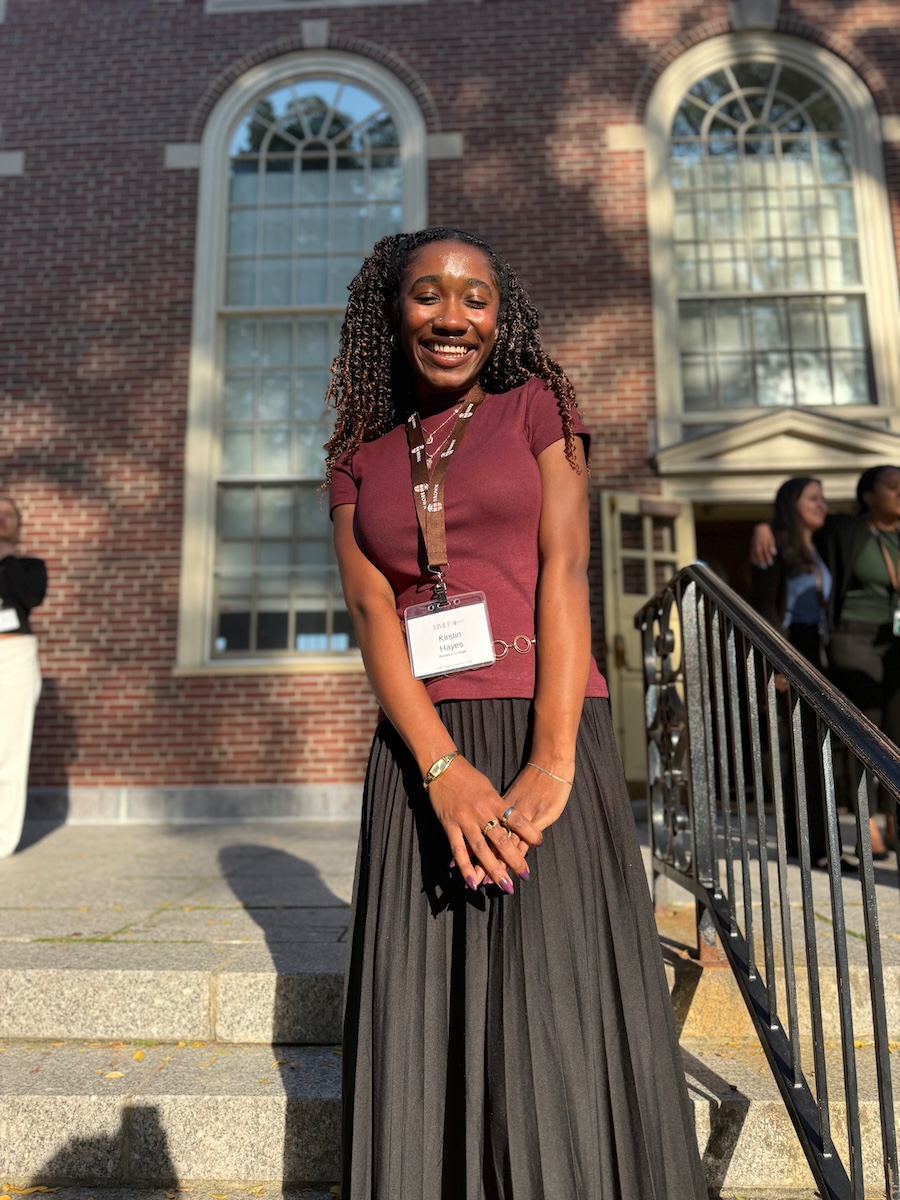Black Athletes and Chicago: A Family Story
By Tom PorterAriana Smith is one of more than 160 students pursuing research and community fellowships over the summer. Under the supervision of Professor of Anthropology Willi Lempert, Smith is working on a project called “Four Generations of Trotting the Globe and Back Again: A Century of Blackness, Sport, and Chicago!”
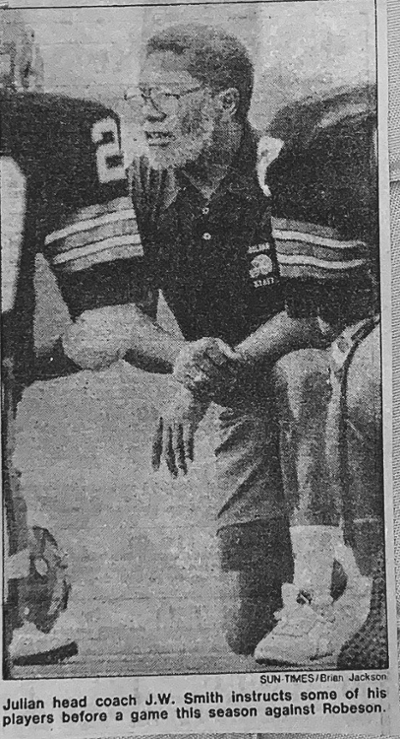
Smith, an anthropology and theater and dance double major, is exploring the complicated racial history of the city through the legacy of sport and the lens of her own family history. She writes:
I started this project in an effort to get closer to my rooted fascination with sports and identity politics, and to address the question: What does sports mean for the formation and existence of culture?
In the past, I have studied how cultural and political sovereignty can be asserted through sporting events. This summer, I decided to look at that through a personal lens and ask how sport and athleticism has affected the men in my family, their relationship to their blackness and to my home city of Chicago.
I want to study how black men find their identity in one of the most racist cities in America, and how the sanctuary of sports (as Dr. Martin Luther King described it) can help.
Fortunately, I have primary documents in my home and even better, my beautiful family to talk to. My grandmother Carol Pullins McNeal is the daughter of Al “Runt” Pullins, one of the original Harlem Globetrotters, who went on to found the Harlem Clowns in 1934—the second-oldest traveling team (the Globetrotters were first). His career with the Clowns lasted until the 1970s.
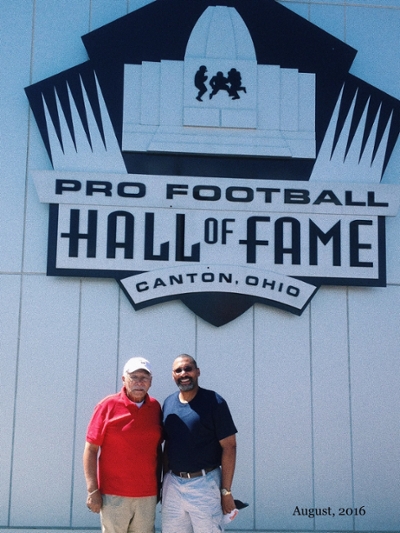
Then there is my grandfather, Dr. J. W. Smith, former head coach of Julian High School on the South Side. A well-known presence in the community, he was influential in the lives of many and used his position to advocate for students.
Last, my father, Thomas Smith, is director of sports administration for Chicago Public Schools. He ran track and field and played football throughout his adolescence and went on to represent Brown University as a student athlete. He later coached football at Colby College, Oberlin College, and Trinity International University. Sports has always been his passion, and he is even starting a podcast that looks at the relationship between sports and Christianity. We have lots of talks about the ethics, history, and purpose of athletics. These conversations constantly remind me how sports are bigger than competition. Sports represent a realm of safe play, teamwork, and persistence that serves in every area of life. So far, I have learned a lot about the history of my family and community, and I can’t wait to complete the final product!
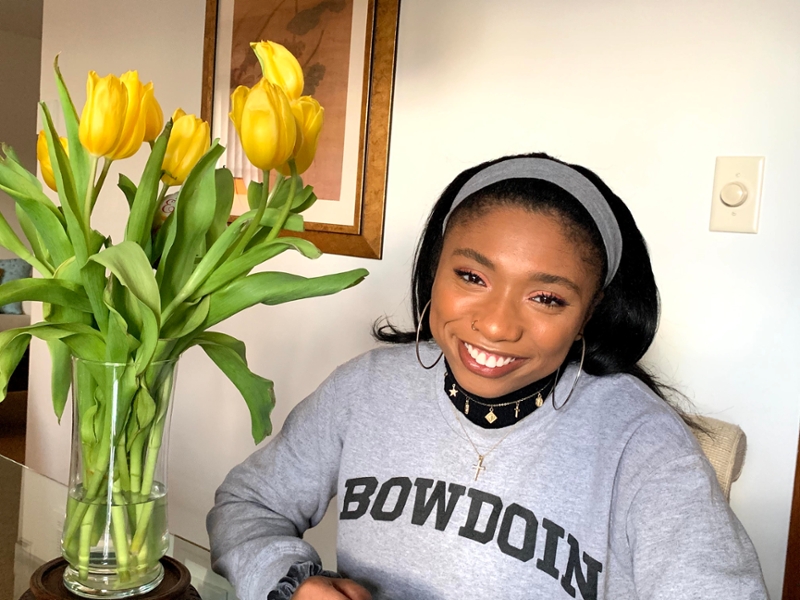
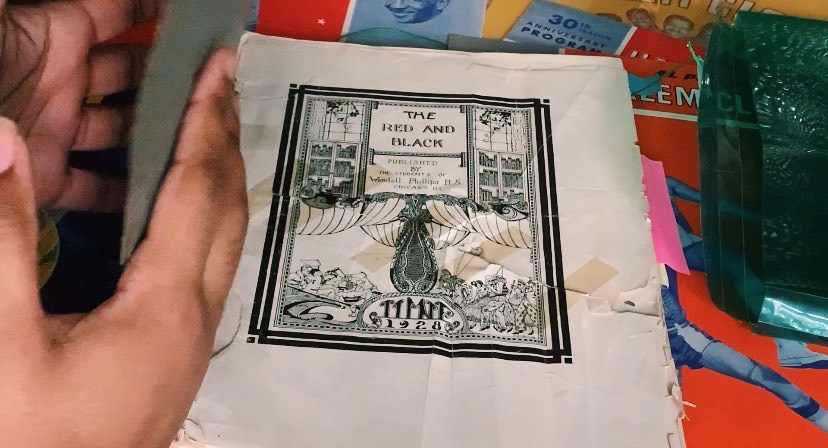
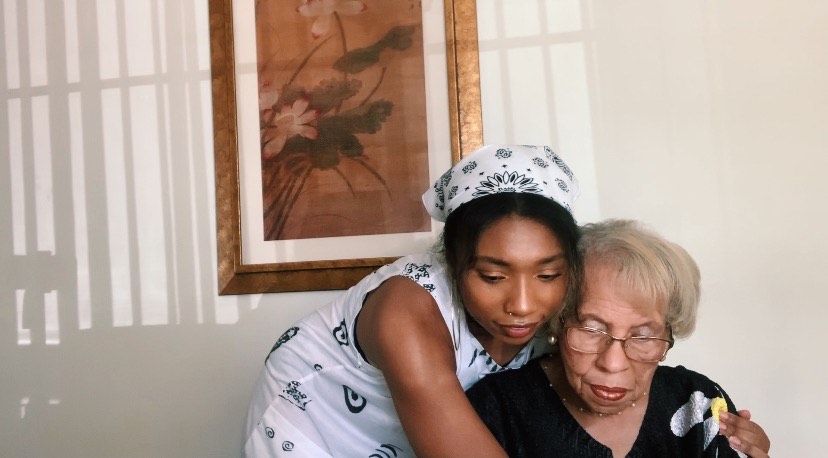
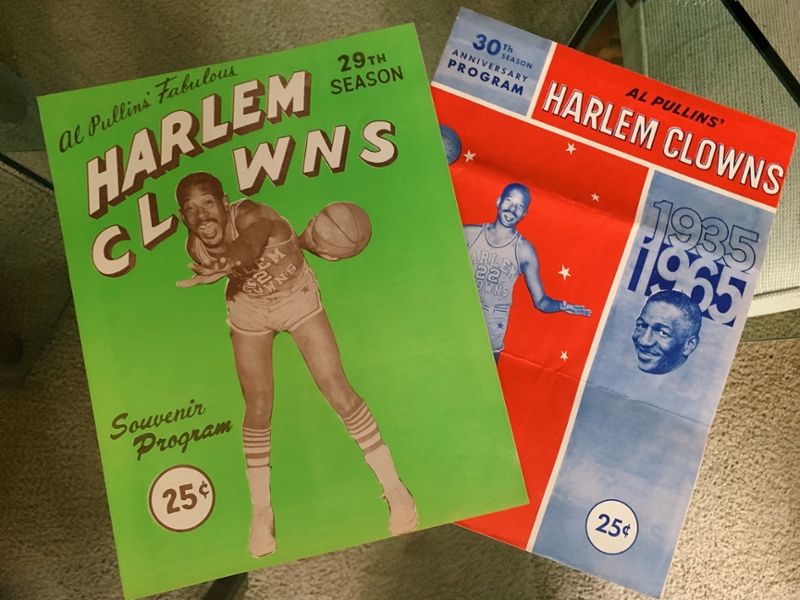
Bowdoin summer fellows receive funding from a variety of sources. In many cases the Center for Cocurricular Opportunities awards fellowships for independent faculty-mentored research projects. Individual departments and programs can also draw from their own funds to give awards to students. In addition, faculty members may use outside grant funding to hire students on their research projects. There is also the Mellon Mays Undergraduate Fellowship Program, which this summer is enabling six Bowdoin undergraduates from underrepresented backgrounds to pursue research with a view to postgraduate study.
Inevitably, due to the COVID-19 pandemic, research methods are having to be modified in some cases this year. Nevertheless, these summer projects are likely to serve as a springboard for senior-year independent study or honors projects.
On top of the academic fellowships, there are also community-based programs offered over the summer. A number of students have signed up for Denning Summer Fellowships and Maine Community Fellowships through the McKeen Center.

